As the world increasingly recognises the importance of sustainable and eco-friendly energy sources, photovoltaics – the conversion of sunlight into electricity – is destined to play a crucial role.
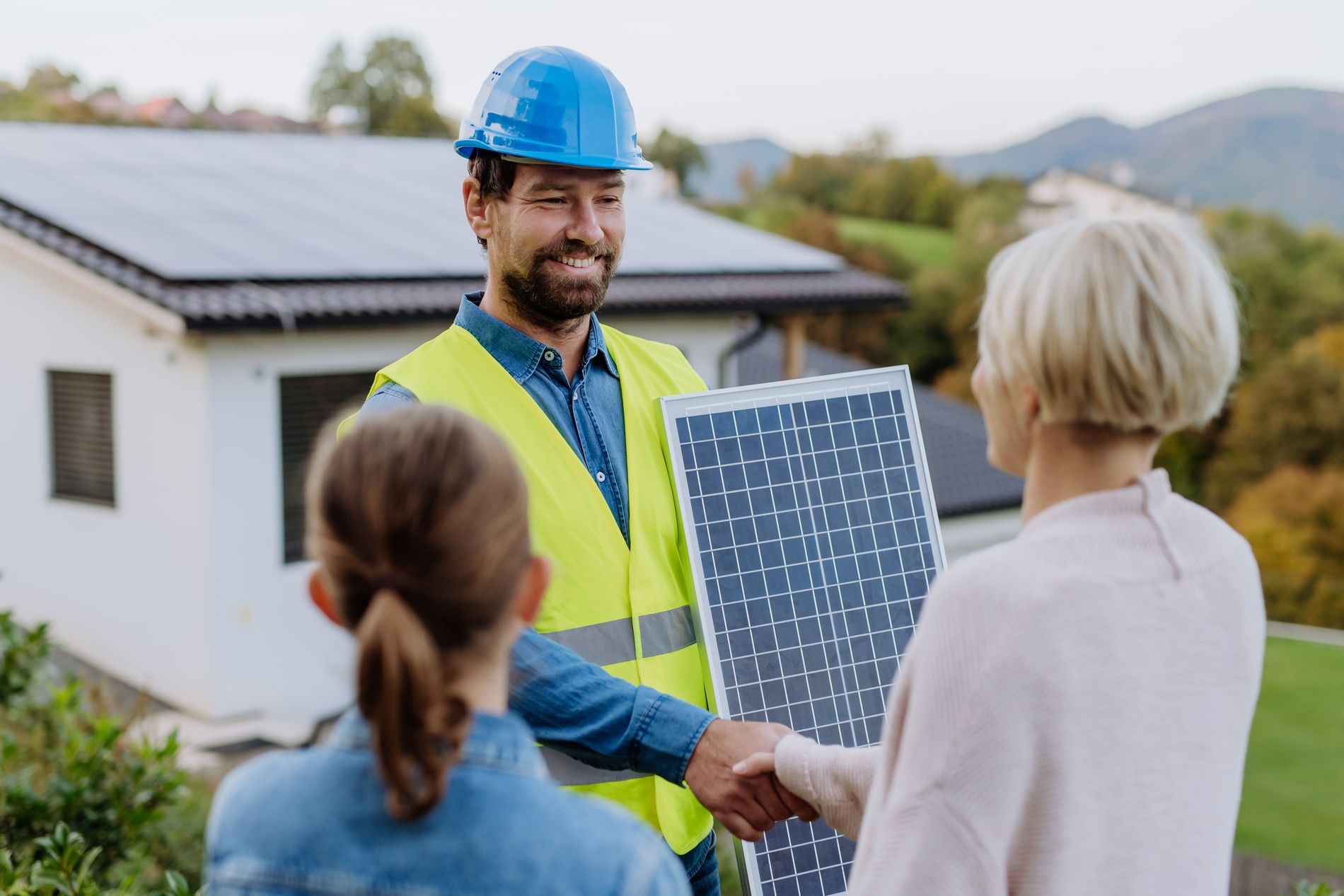
In recent years, this technology has evolved rapidly and is globally recognised as one of the most promising solutions for a clean energy future. Discover more about the basics of photovoltaics in our comprehensive article. But what are the specific benefits of photovoltaics, who should consider installing a solar panel system, and what role does it play in transitioning to renewable energy? From eco-friendliness and cost efficiency to independence from fossil fuels, the arguments for solar are many and persuasive. Let’s fill you in!
Solar energy is sustainable and eco-friendly
Solar energy is a green and eco-friendly energy source – one that’s absolutely essential for a cleaner and more sustainable future. By harnessing the virtually inexhaustible power of the sun, we can meet our energy needs without harming the environment or relying on limited resources. Here are some of the key reasons it’s vital we continue to invest in and make use of solar technology:
- Solar energy combats the greenhouse effect: Generating solar power requires no combustion and thus produces no harmful emissions, ash, or soot particles. Unlike the burning of fossil fuels, which produces greenhouse gases like carbon dioxide and nitrogen oxides, and thereby contributes to climate change, the production of solar energy boasts an extremely small ecological footprint.
- Solar energy is quiet: Compared to traditional energy generation methods such as burning fossil fuels or operating gas turbines, photovoltaic systems produce no noise. They function without the moving parts which create mechanical sounds. This makes solar perfect for residential areas where noise pollution is an issue.
- Solar energy preserves ecosystems: The use of solar energy does not harm ecosystems or disrupt the natural habitats of plants and animals. Unlike the construction of dams or the extraction of fossil fuels, which often require large areas to be cleared or landscapes to be altered, solar panels can be easily installed on existing buildings or unused land. This minimises environmental damage while also producing clean energy.
- Solar energy conserves resources: Fossil fuels are finite, but solar energy is practically unlimited. Harnessing solar energy doesn’t require extraction like coal or oil, which greatly disrupt ecosystems. Solar panels are mainly made of silicon – a plentiful element in the Earth’s crust. And with their long lifespan, solar panels can be used for many decades without the need for for regular replacement.
From an environmental and sustainability perspective, a solar panel system is always worthwhile: It greatly contributes to the energy transition and reduces reliance on limited and polluting energy resources. By using solar energy, we protect our environment, combat climate change, and preserve our natural world over the long term.
Photovoltaics for independent energy generation
Besides the environmental benefits, using solar panels provides you with an independent energy supply. Here’s how solar energy can positively impacts your wallet, as well as the environment:
- Decentralised energy generation: One of the many advantages of solar panels is that you generate your own electricity on-site. By installing solar panels on your roof or property, you become independent from external energy suppliers. This type of decentralised energy generation allows you to meet your own electricity needs almost independently of the power grid.
- Independence from price fluctuations: Electricity costs are subject to fluctuations and can, rising significantly at peak times. With photovoltaics, you are less affected by these price changes. This offers you a degree of security and stability when it comes to your energy costs.
- Backup power supply: In areas with an unreliable electricity supply, installing photovoltaic systems as a backup power source is a great idea. In case of power outages or emergencies, you can always rely on the electricity generated by your solar panels. This is especially beneficial in remote areas or regions with frequent power cuts.
- Mobility: When paired with a power station, mobile photovoltaic systems can ensure energy supply in all manner of off-grid situations and remote locales. Whether you’re camping, in the garden without electricity, or partying in the wilderness, you’re able to use your stored energy whenever and wherever you want.
By using solar energy, you can achieve energy independence and ensure a sustainable energy supply. It helps you manage your energy costs and provides stability in energy prices and supply. Find out how to choose the right solar panels in our article.
Does solar energy make financial sense?
Environmental friendliness and energy independence are two key advantages of photovoltaics. But there’s another argument that will interest many: solar energy can save you money.
- Reduced electricity bills: By installing a solar panel system, you can generate most or all of your household’s electricity needs yourself. Thanks to the inverter, you use the electricity produced by the solar panels directly in your home, circumventing the need for power from the public grid. This leads to lower electricity bills – often significantly so – as you no longer need to purchase as much electricity from providers.
- Feed-in tariff: In many countries and regions, there is the option of a feed-in tariff. This allows you to feed excess electricity generated by your solar panels into the public power grid. In return, you receive a credit for this fed-in electricity, resulting in additional savings.
- Long-term investment: Although the initial investment costs for installing a solar panel system may seem high, it’s an investment that pays off fast. Solar panels have a lifespan of 25 years or more, and the electricity produced is all but free. Once you have recovered the investment costs, you will achieve significant savings with solar as you benefit from virtually free electricity over the long term.
- Subsidies and financial incentives: Many governments offer financial incentives and subsidy programmes for installing photovoltaic systems. These come in the form of grants, tax benefits, or low-interest loans. With these programmes, you can reduce the initial investment costs and benefit from savings more quickly.
Adopting solar energy is profitable and ensures major cost savings over the long run. Besides cutting electricity costs and providing protection from rising energy prices, government incentives and support programmes offer further financial benefits. Installing a solar system is an investment that benefits both the environment and your financial health.
Detour: Solar for hot water – is it worth it?
An additional practical benefit of solar energy lies in providing low-cost hot water. Solar thermal systems utilise the sun’s heat to supply hot water for different household or commercial applications. Especially efficient are solar thermal tube collectors, which differ from flat plate collectors by consisting of parallel, individual tubes.
Each tube contains an absorber tube filled with liquid and surrounded by a vacuum. The coating on the absorber tube absorbs solar radiation and transfers the heat to the liquid (usually a water-glycol mixture), while the vacuum acts as an insulating material, minimising heat loss. This allows tube collectors to operate exceptionally efficiently even at low outside temperatures. The heat is transferred to a storage tank via a heat exchanger and can then be used for hot water production or heating purposes.
To install a solar thermal tube collector, you only need a suitable roof area or mounting structure and a connection to a hot water storage tank or heating system. While the purchase costs for a tube collector are generally higher than those for flat plate collectors, their higher efficiency and durable design result in long-term energy savings.
-
Tube collector – Solar thermal – 15 Tubes – 120 – 150 L – 1.2 m² – -45 – 90 °C
-
Evacuated Solar Tube Collector – Solar thermal – 20 Tubes – 160 – 200 L – 1.6 m² – -45 – 90 °C
-
Evacuated Solar Tube Collector – Solar thermal – 24 Tubes – 200 – 240 L – 1.92 m² – -45 – 90 °C
-
Evacuated Solar Tube Collector – Solar thermal – 30 Tubes – 250 – 300 L – 2.4 m² – -45 – 90 °C
All in all, a solar thermal tube collector is an effective choice for hot water production or heating. By efficiently harnessing solar energy, a tube collector helps reduce energy consumption, save costs, and protect our environment. Read more about the benefits of tube collectors in our guide.
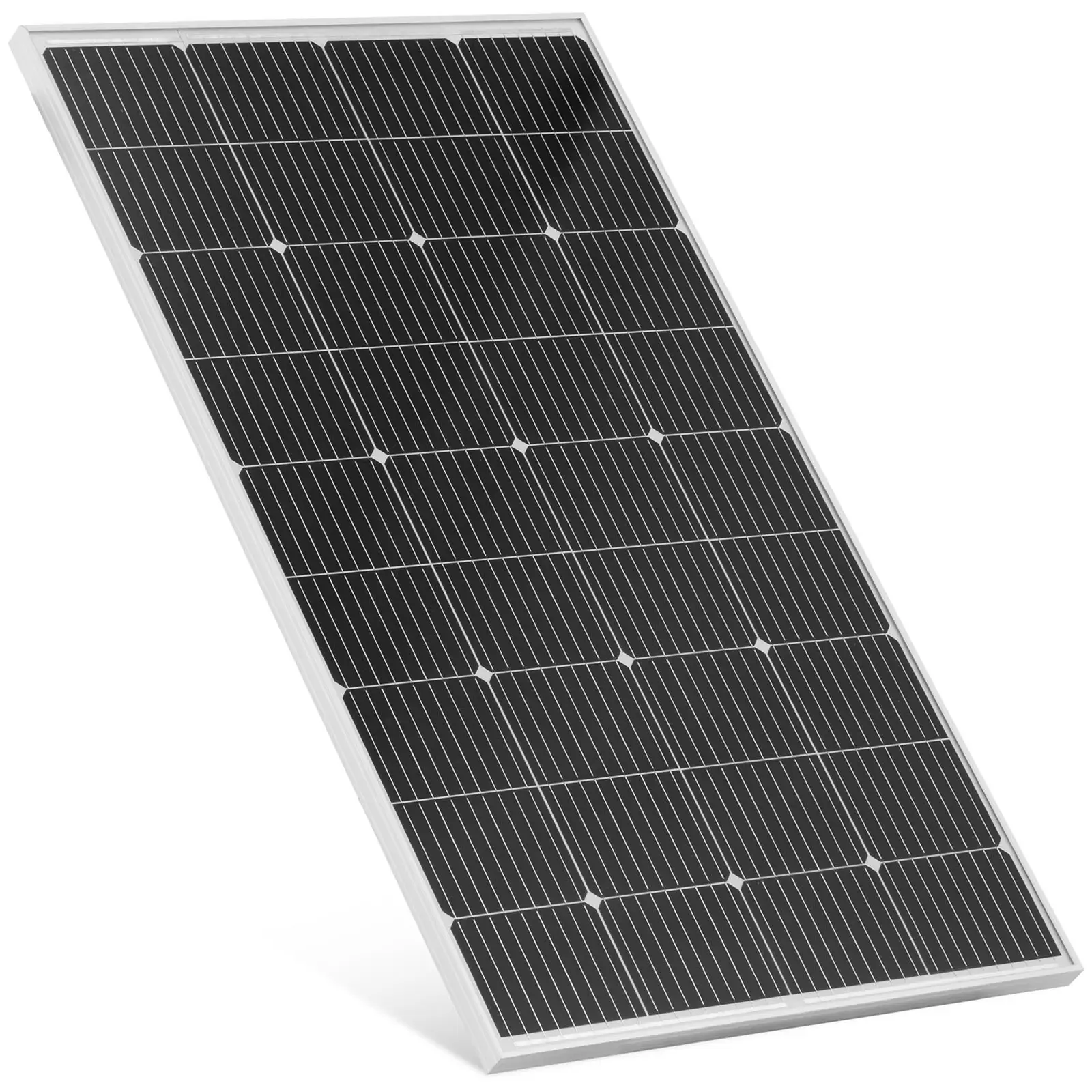
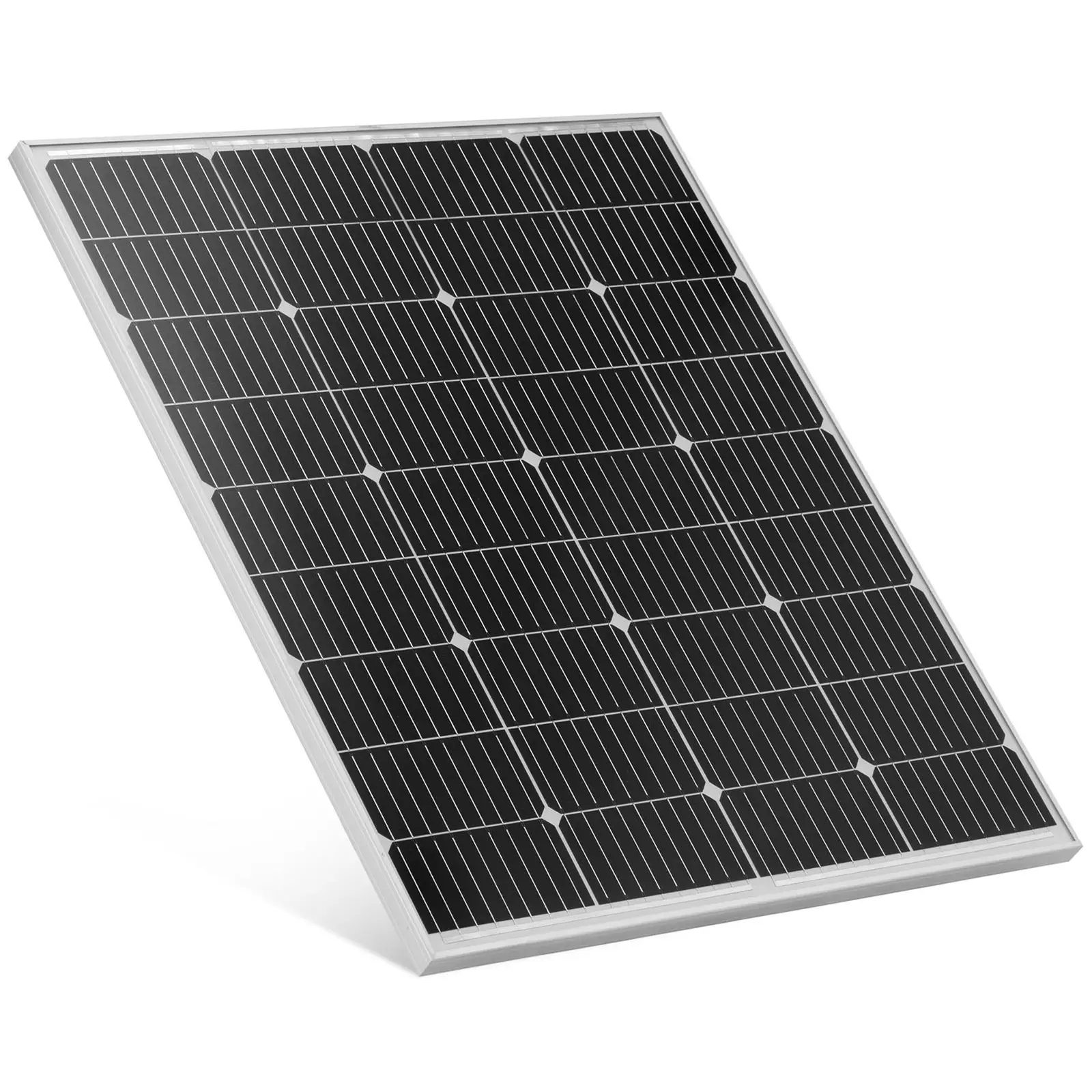
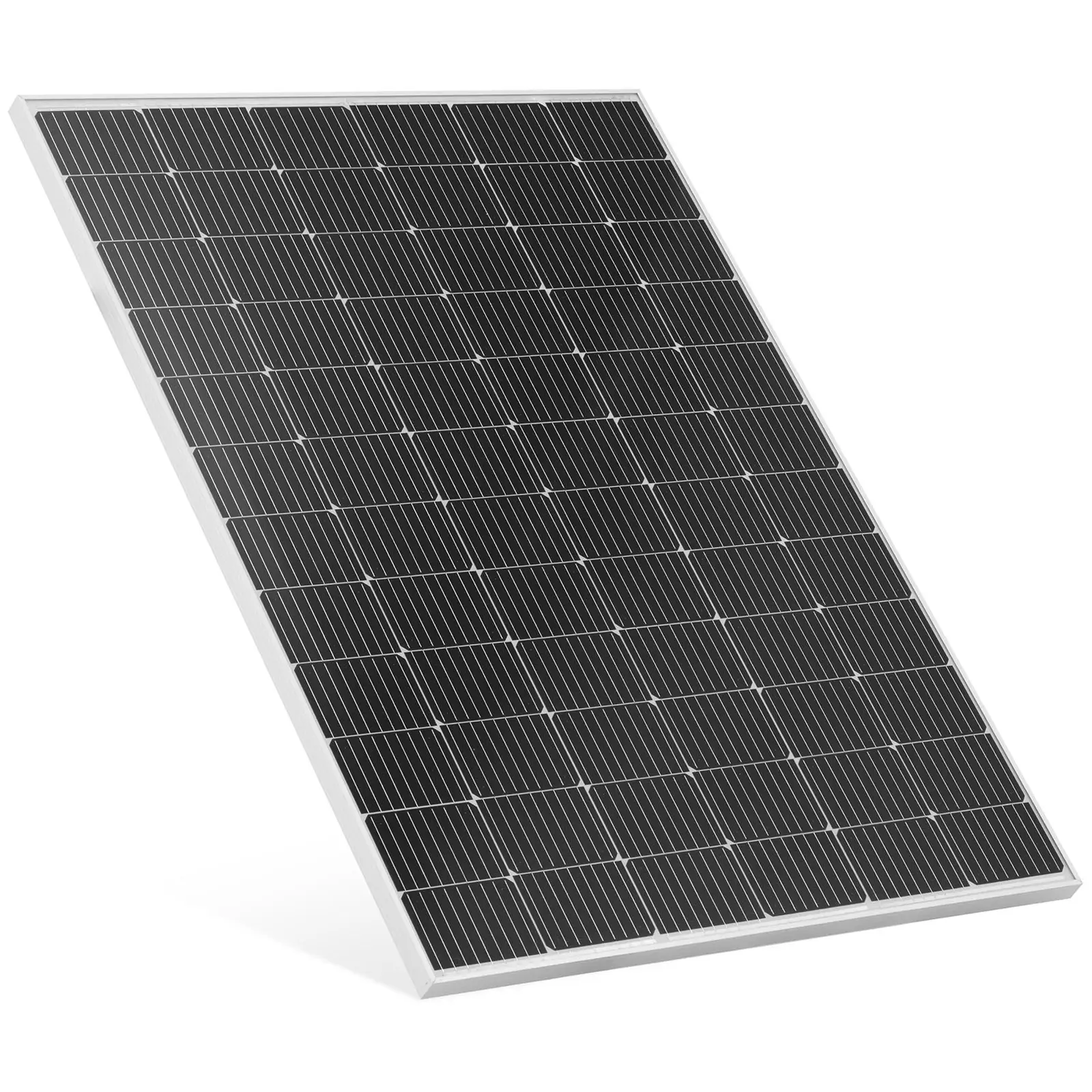
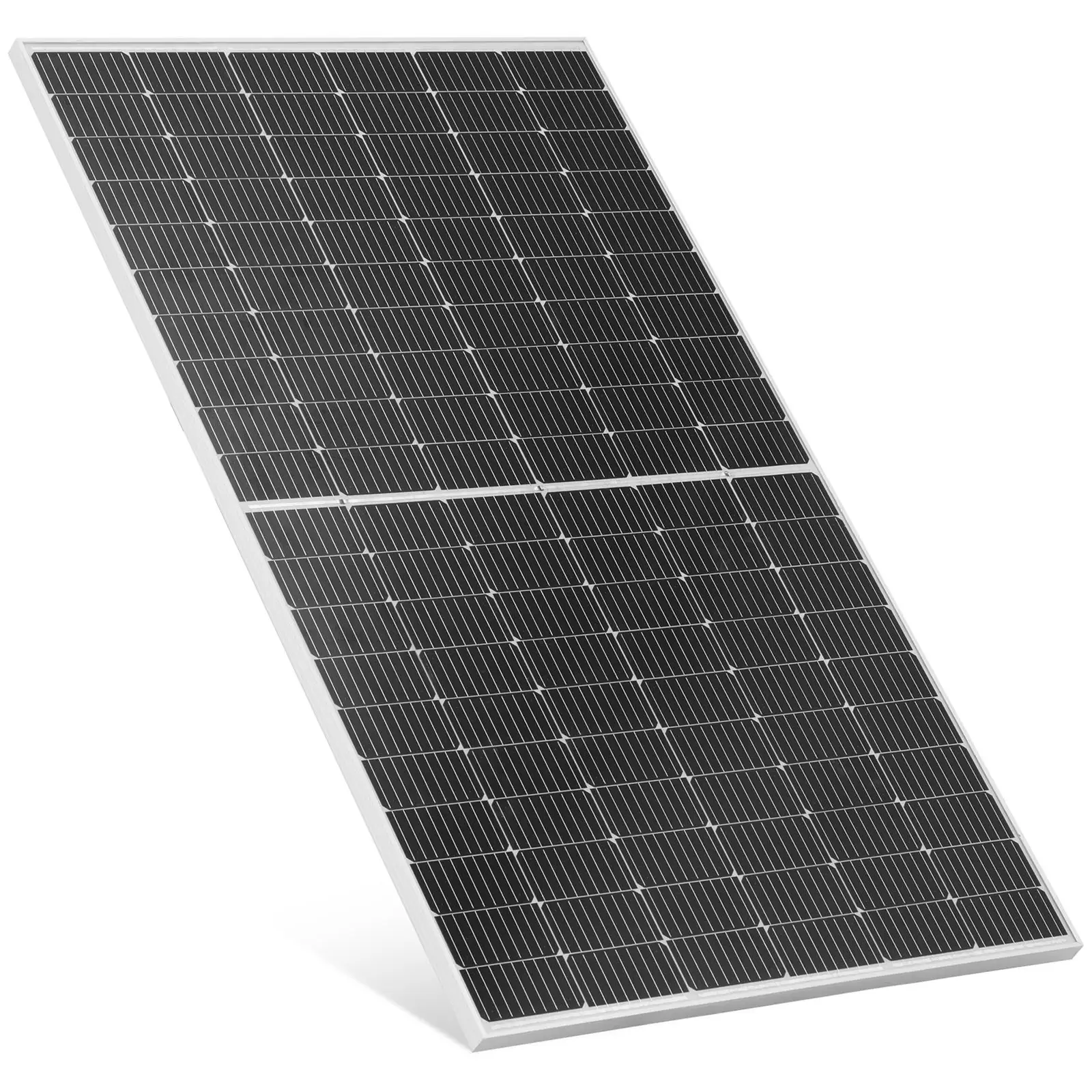
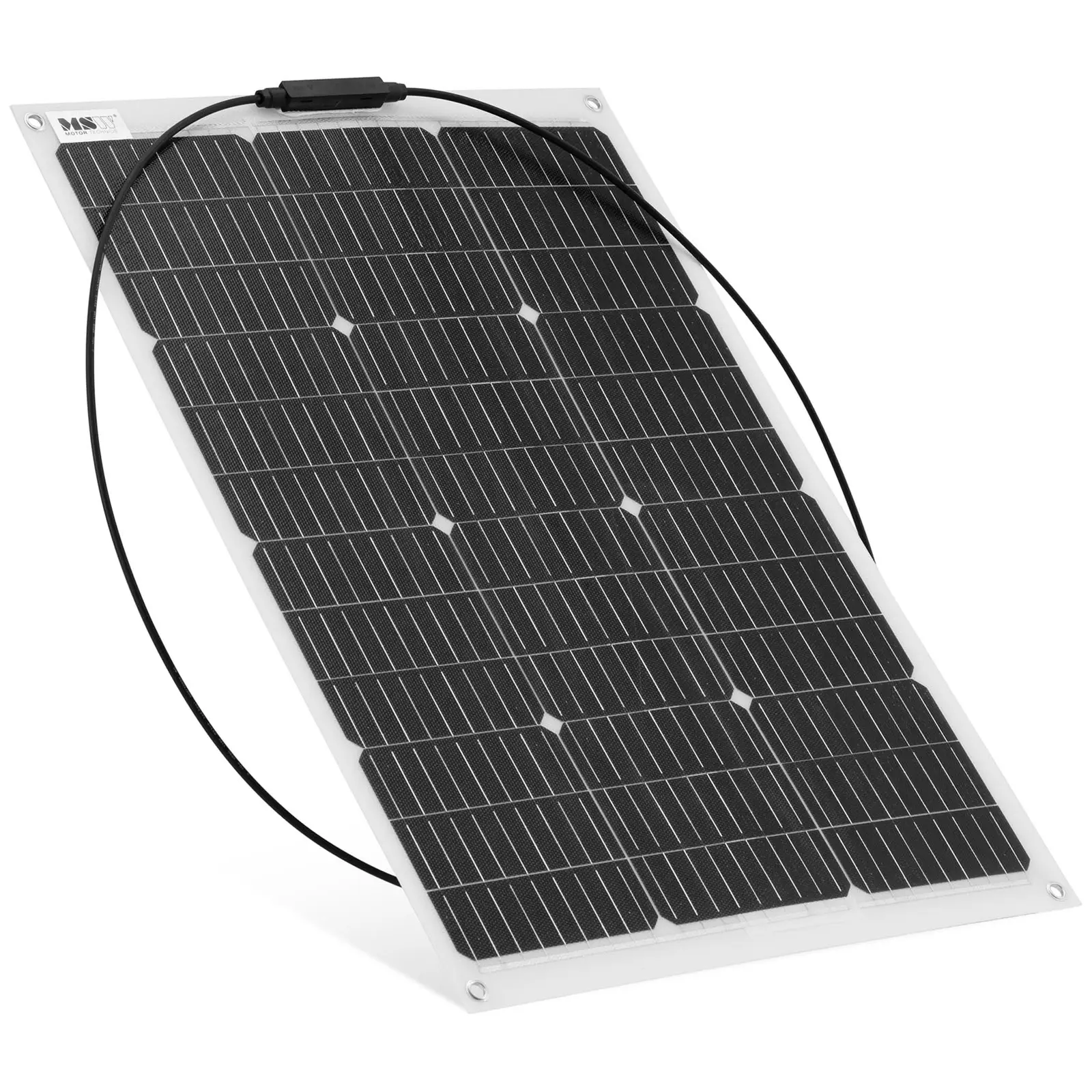
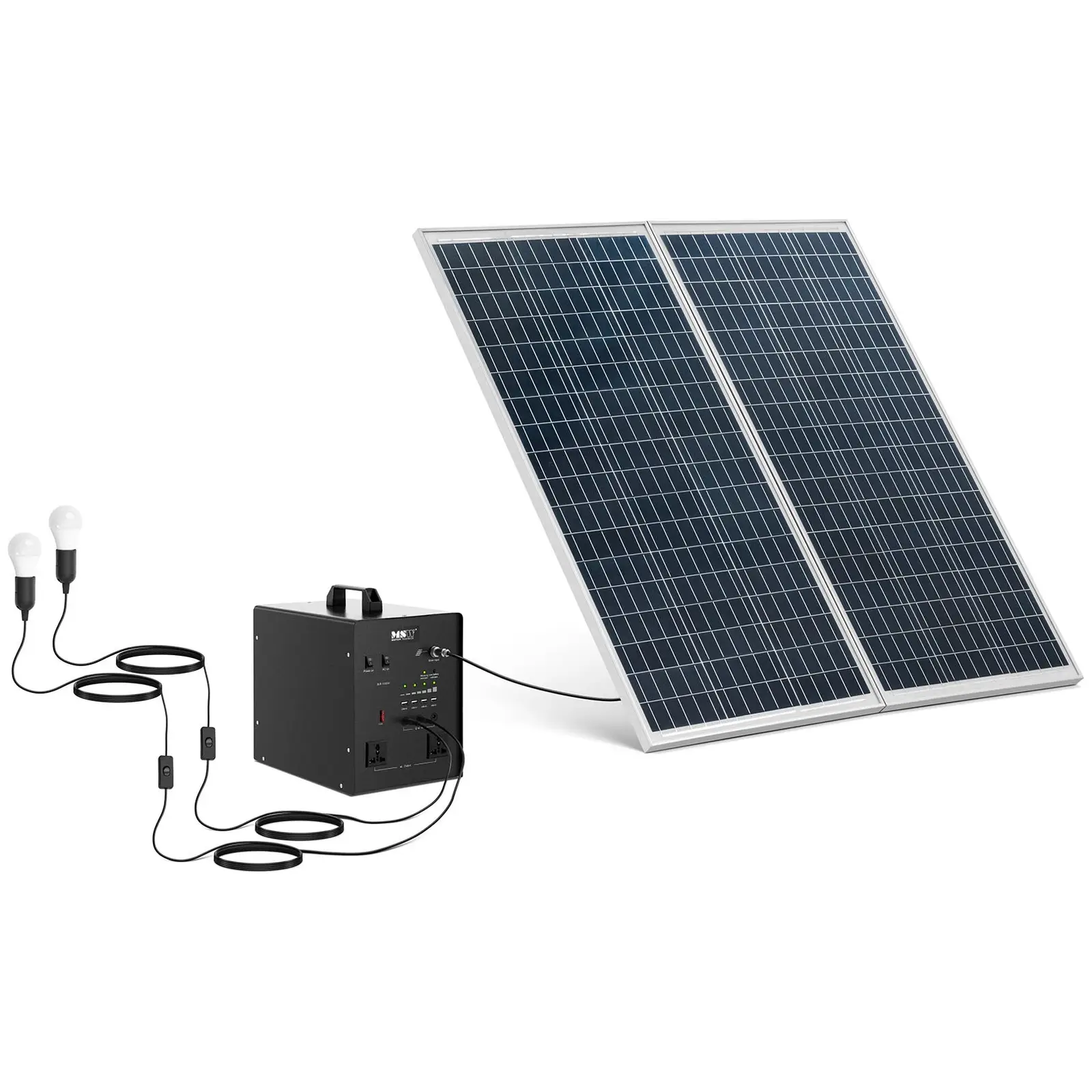
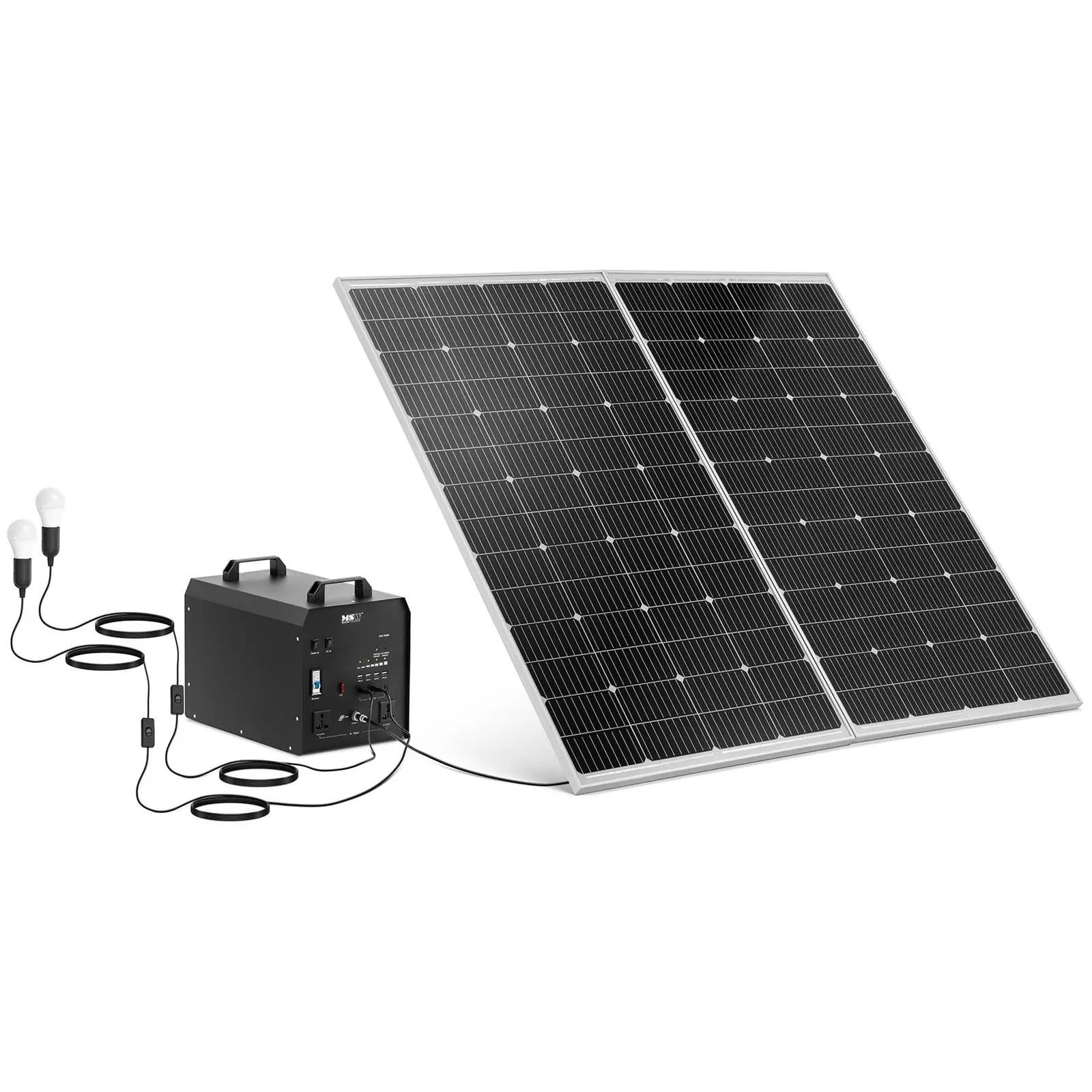
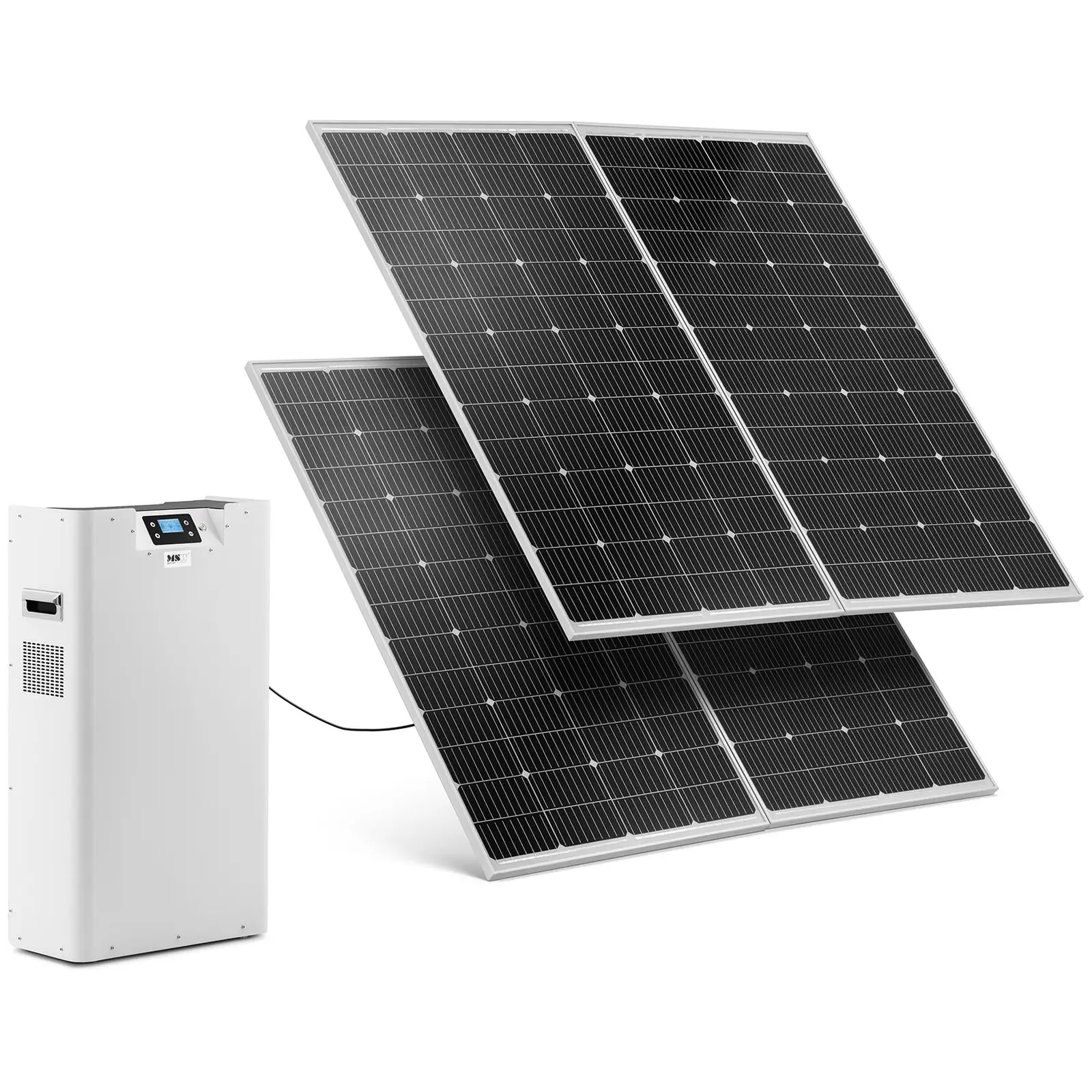
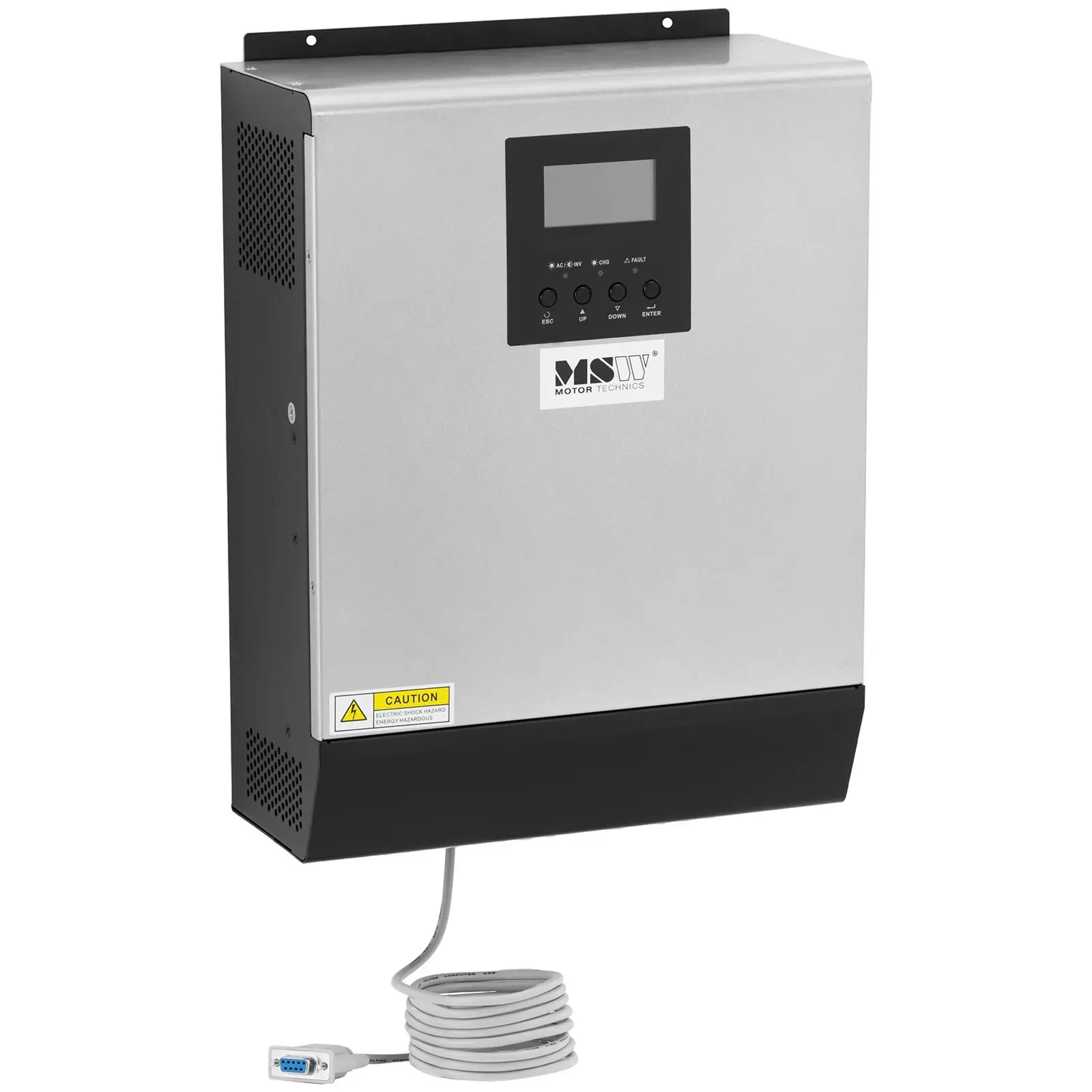
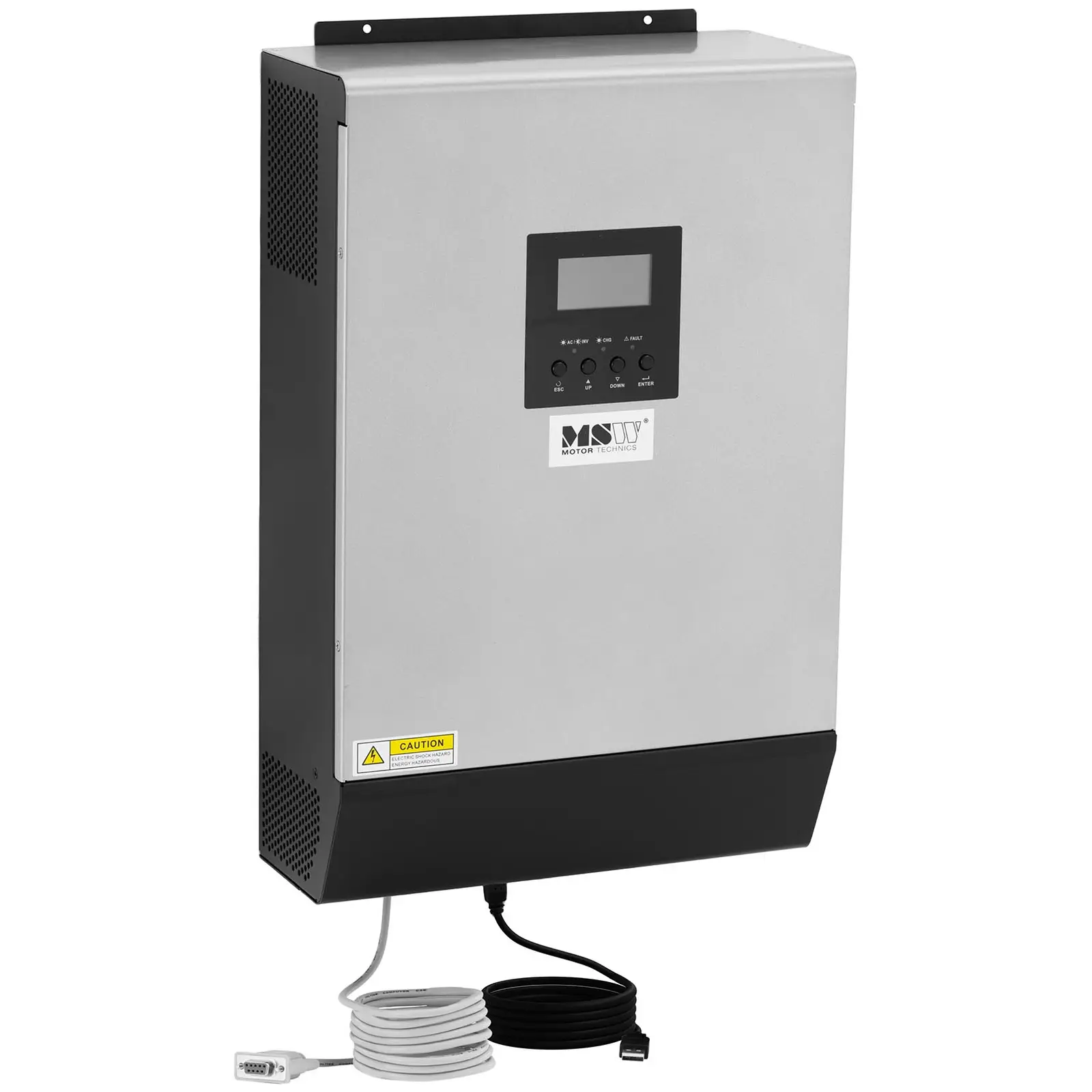
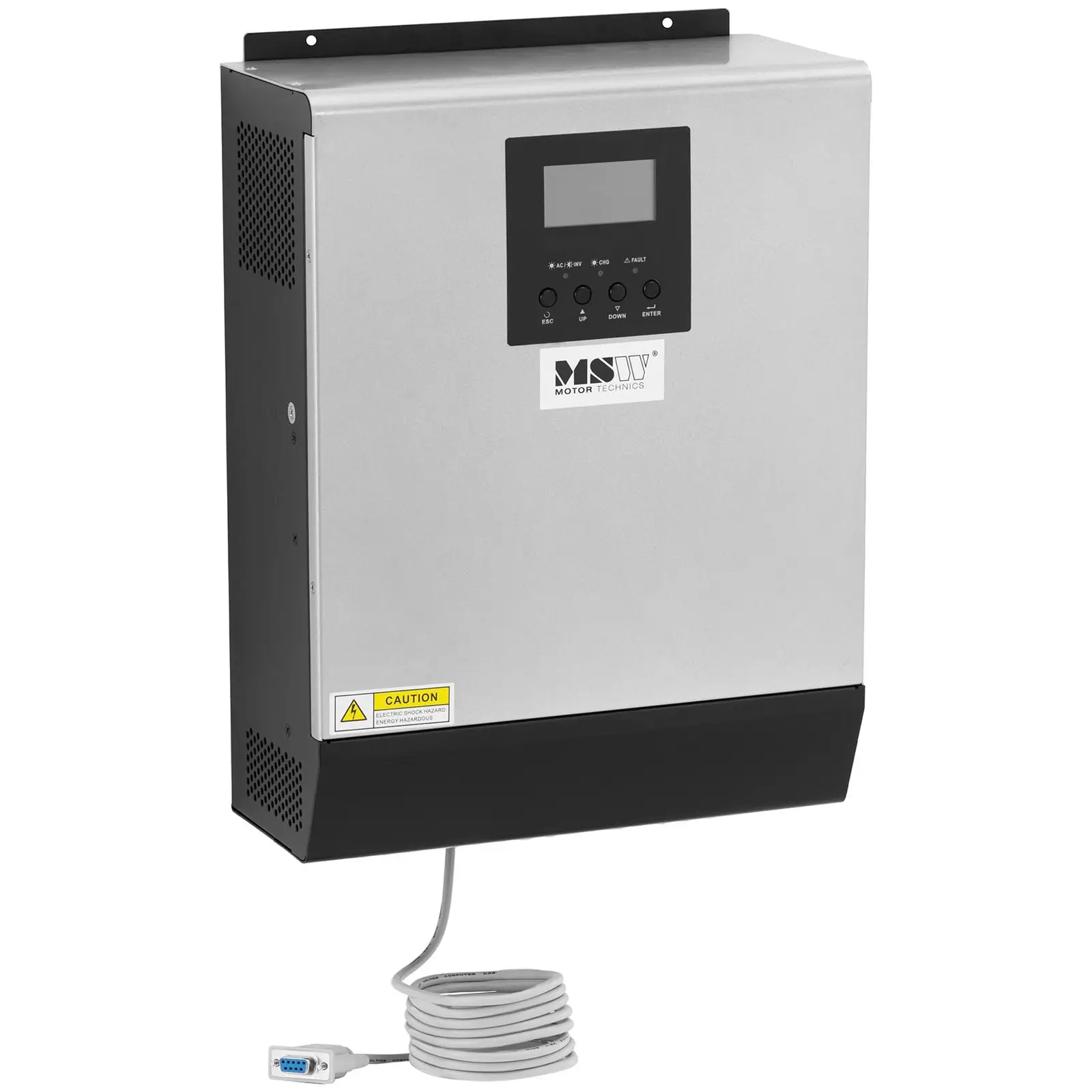
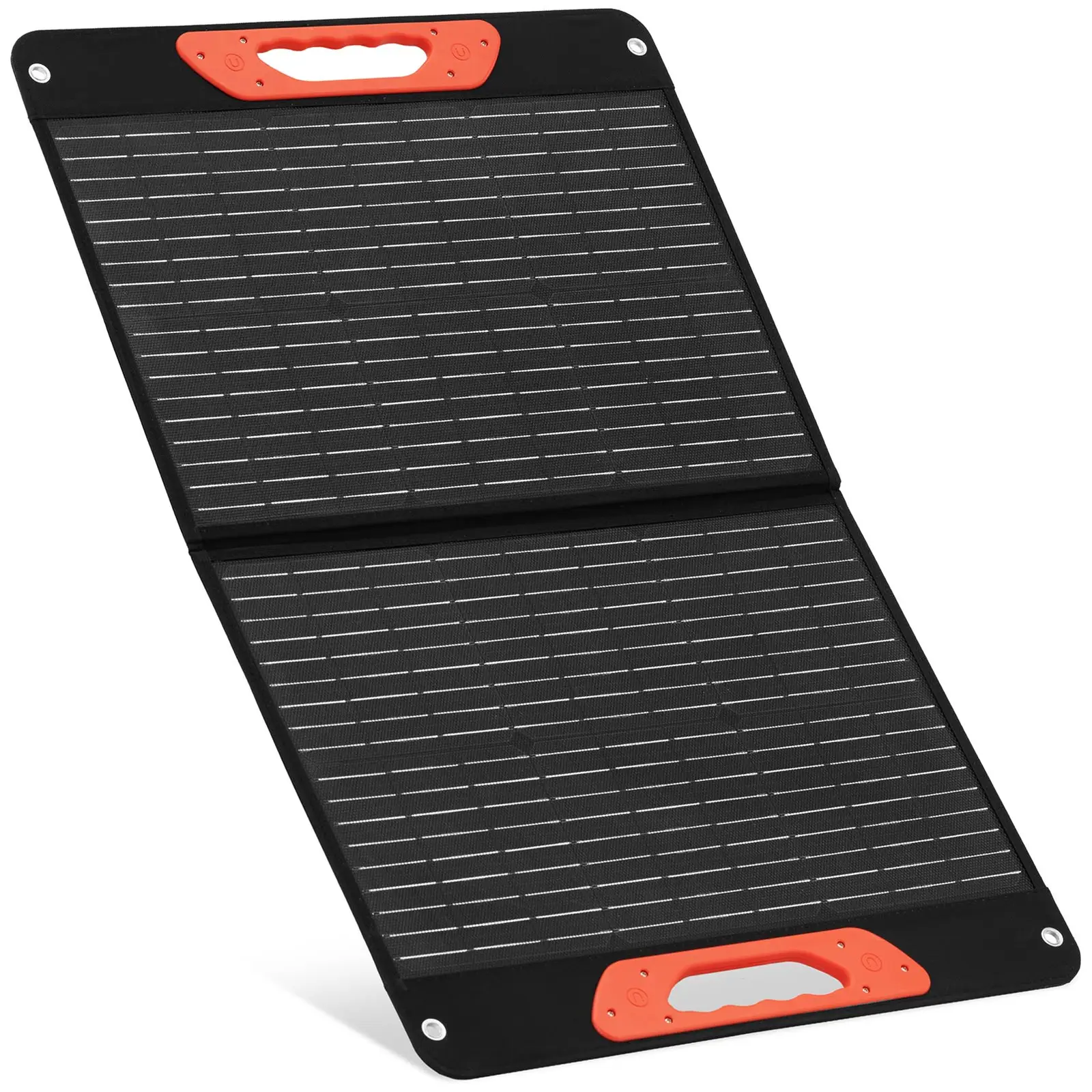






Share